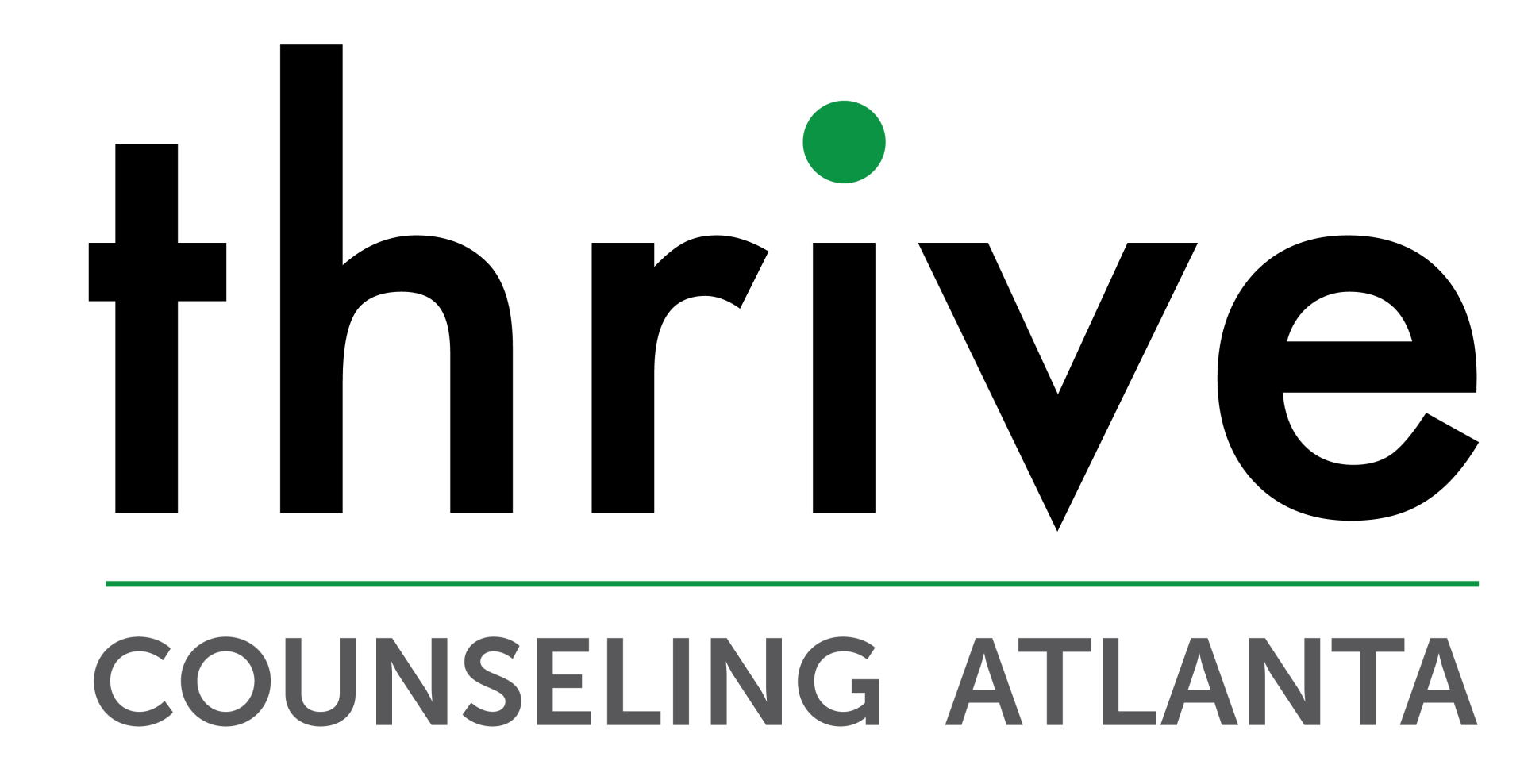Why Cognitive-Behavioral Therapy, CBT, Continues to Be So Popular

In recent decades, there have been a variety of breakthrough treatments in mental health therapy. For example, EMDR, Brainspotting, and Neurofeedback are relatively new forms of treatment. Each new approach provides a new way to help clients heal. Yet, traditional Cognitive-Behavioral Therapy remains very popular among professionals and their clients.
It's true; there are many new approaches to heal from past trauma, life experiences, or manage other mental health issues. As a result, it can be overwhelming to determine which type of treatment is best for your specific needs. Could Cognitive-Behavioral Therapy be right for you?
Let's talk about a popular form of therapy that's been around for decades, Cognitive-Behavioral Therapy, or CBT.

What is Cognitive-Behavioral Therapy or CBT?
Dr. Aaron T. Beck developed this form of therapy in the 1960s and 1970s. He is known as the father of Cognitive-Behavioral Therapy. SimplyPsychology.org defines Cognitive-Behavioral Therapy. CBT is a type of talk therapy that revolves around how we think, feel, and act and the connection between the three. Likewise, it is a highly-researched and evidence-based approach that is shown to improve one's quality of life.
Cognitive-Behavioral Therapy aims to help you gain insight into the vital role of your perception in regard to your reactions. In other words, you'll learn how your thoughts influence the way you feel and behave. Likewise, sessions focus on helping you challenge thinking errors and develop conflict-resolution skills. This forward-thinking focus is just one reason why CBT remains at the top of the popularity list among clinicians and clients.

What is Cognitive-Behavioral Therapy
Many clinicians choose to use Cognitive-Behavioral Therapy to help their clients heal. One benefit of CBT therapy is that the focus is on where their client is currently at and how to help them move forward. As a result, it can be a successful and effective approach to treat a variety of mental health issues. According to APA.org, examples include:
- depression
- anxiety
- addictions
- eating disorders
- marital issues
- various mental illnesses and disorders

5 Benefits of Cognitive-Behavioral Therapy
According to PositivePsychology.com, CBT is recognized around the globe as one of the most successful and relevant forms of therapy. Likewise, there are a variety of benefits of Cognitive-Behavioral Therapy. PositivePsychology.com highlights a few of them.
- The focus is on the present. Details from your history may offer insight into where your thoughts and behaviors may have developed. However, the main focus of CBT is on the present. As a result, this tends to help clients move forward and improve their quality of life.
- Quick results. Positive Psychology reports results may occur within five to twenty sessions. In contrast, some other forms of therapy can take years to achieve noticeable results.
- Due to the nature of the therapy, it's easy to hold clients accountable for their own success. Learning that you are in control and capable of changing your thoughts, feelings, and behaviors can be so empowering.
- Highly engaging and motivating. Along the same lines as the previous benefit, CBT can be rewarding for clients who are motivated to learn how to improve their quality of life. For example, clients can test and experience the power of changing their thoughts for themselves. As a result, it becomes highly motivating to seek and enjoy a positive outcome.
- Readily available self-help books. Due to the popularity of Cognitive-Behavioral Therapy, there is a vast amount of self-help books available.
If you're living with addiction or trauma, we may be able to help. At
Thrive Counseling Atlanta, we strive to help you improve your quality of life and reclaim your happiness. Likewise, we want to help you succeed. Among many forms of treatment, one we often implement into our treatment plan is Cognitive Behavioral Therapy.




